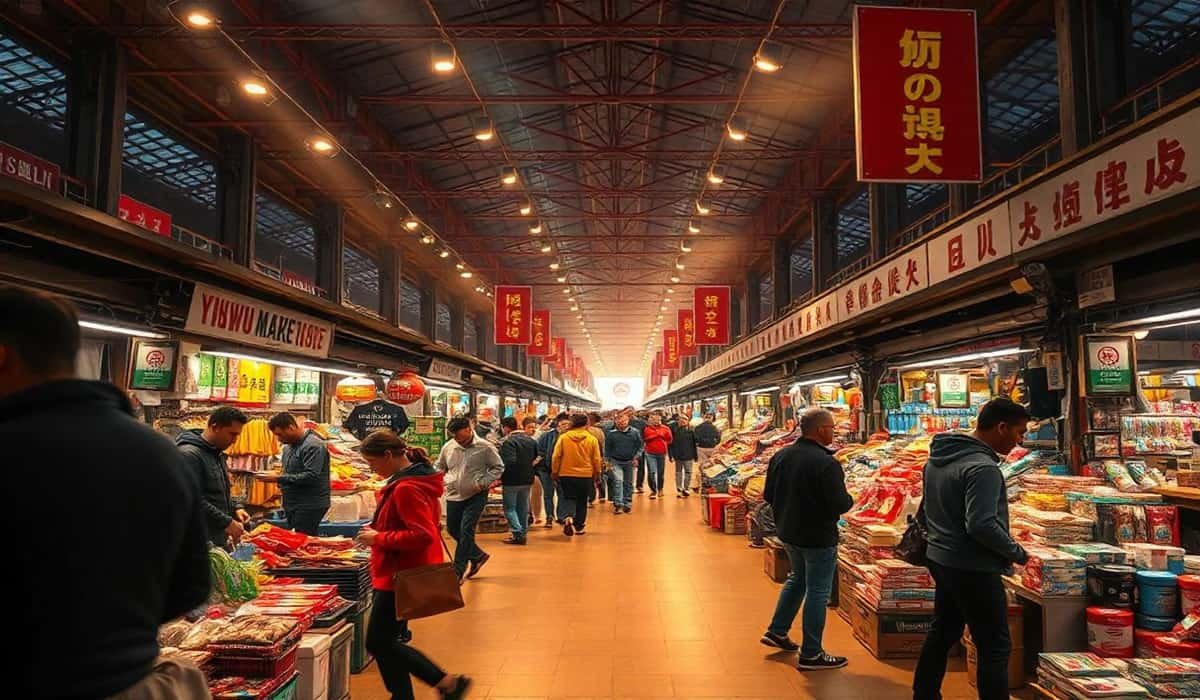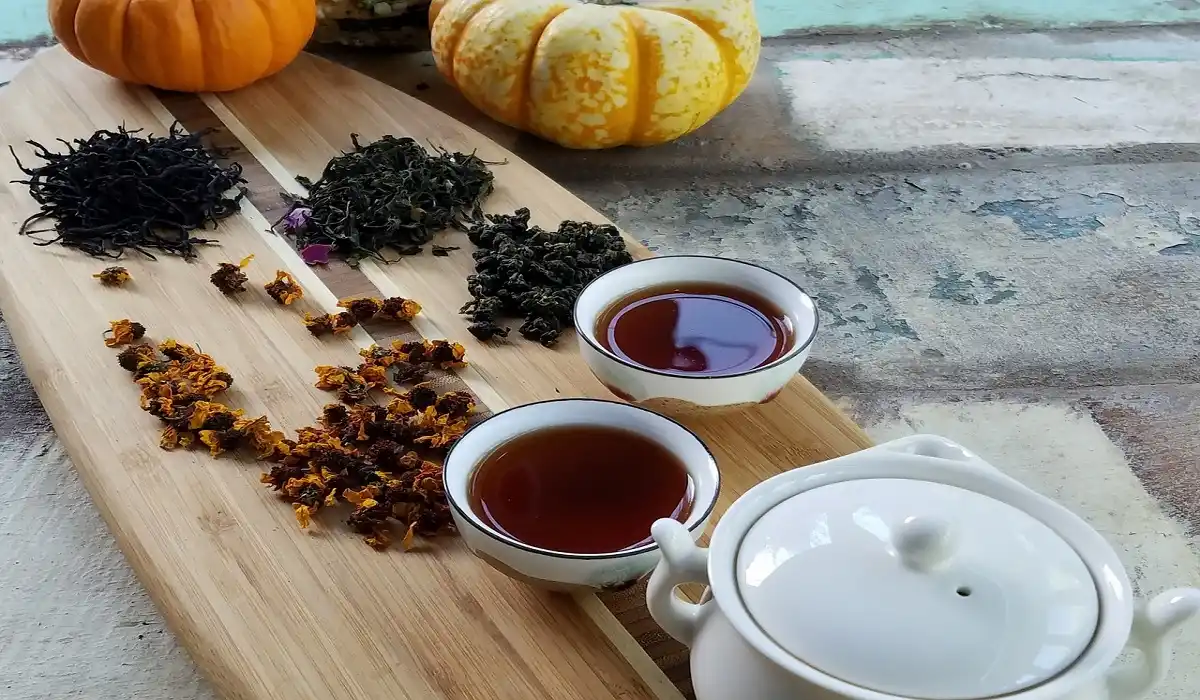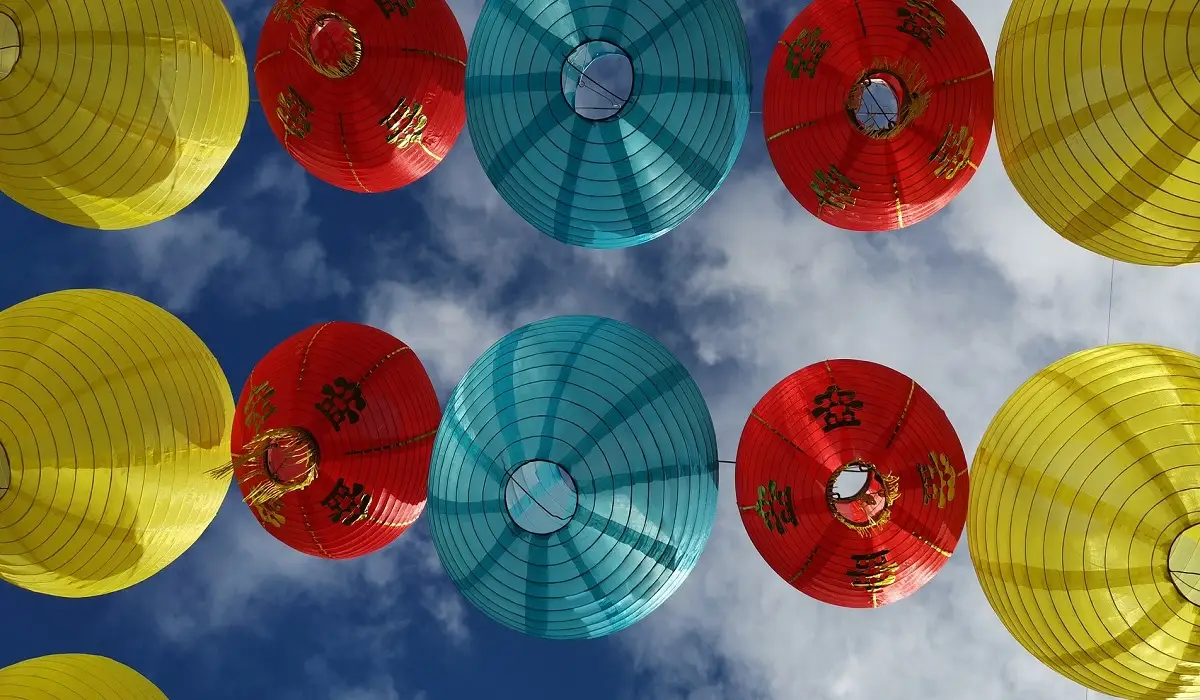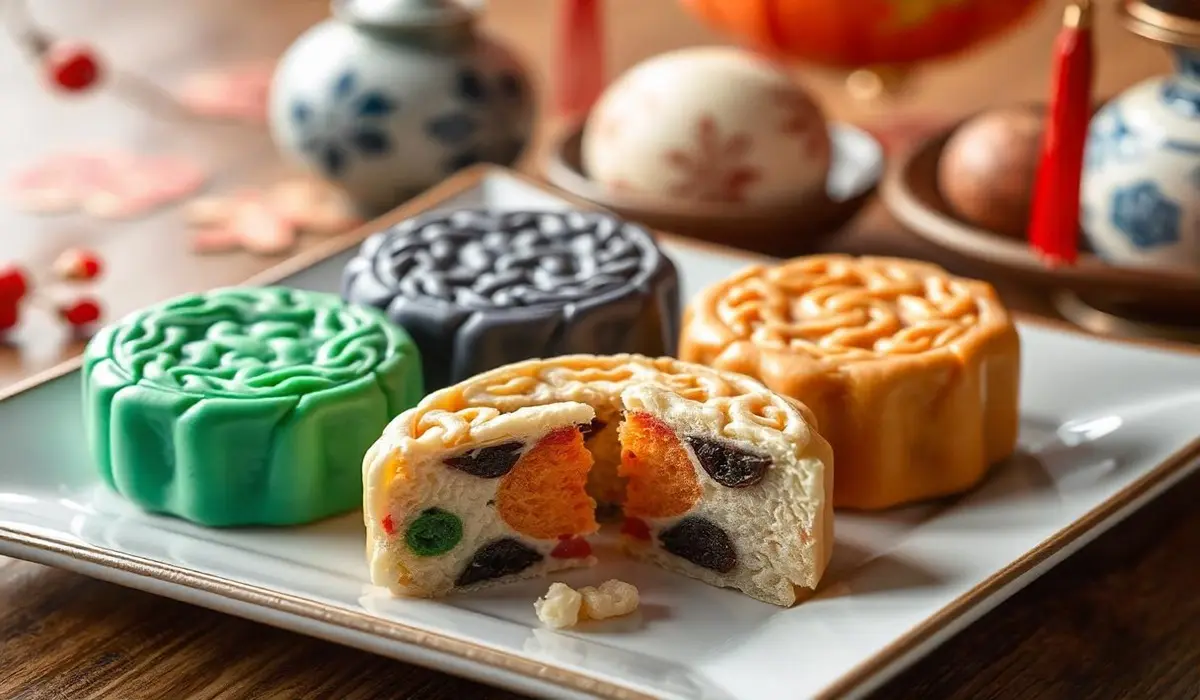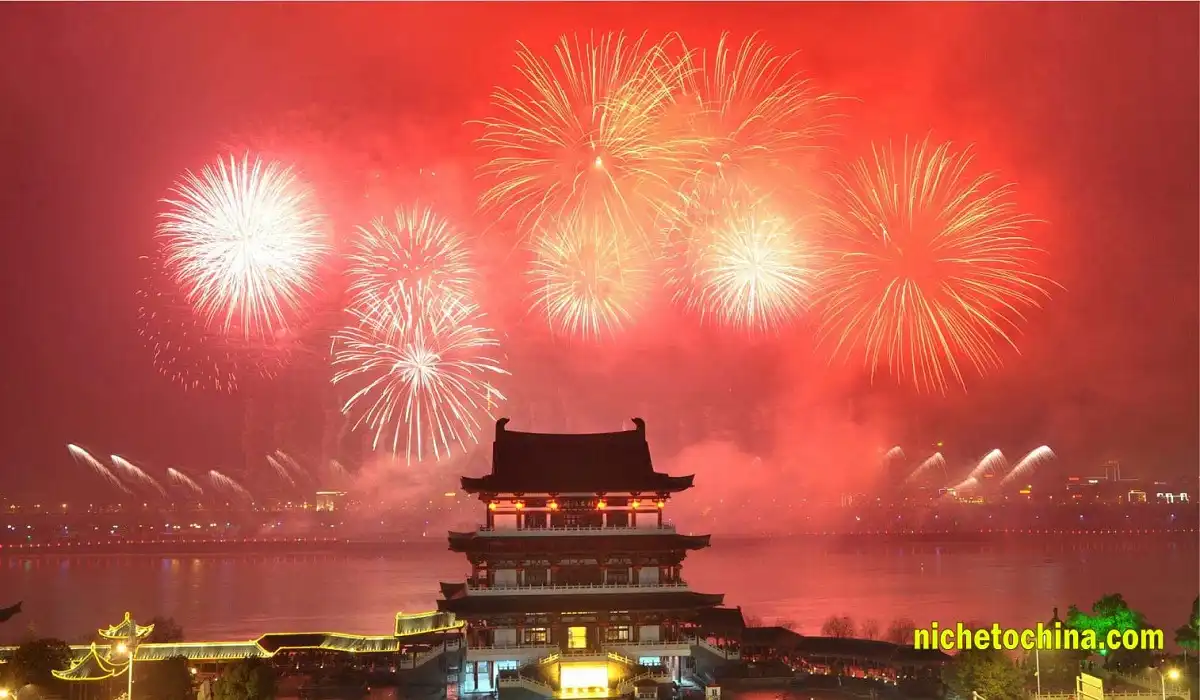Welcome to Yiwu International Wholesale Market in China, the beating heart of global trade and the world’s largest wholesale market. If you’re thinking about venturing into the bustling world of international trade, then Yiwu should be at the top of your list. With thousands of suppliers and an endless variety of products, this market is a goldmine for both seasoned importers and newbies alike. There are lot of product from Yiwu showcase on one of the largest trade fair in china, known as Canton Fair in Guangzhou, china; But don’t worry if you’re feeling overwhelmed—this guide will help you navigate the ins and outs of Yiwu, making sure you’re ready to make the most out of your visit.
Why Yiwu is the World’s Largest Wholesale Market ?
Understanding the Global Hub of Trade
The Yiwu Wholesale Market, also known as the Yiwu International Trade City, is the largest wholesale market in the world. Spanning over 5.5 million square meters, it houses more than 75,000 booths that offer a staggering variety of products. From electronics and textiles to toys and jewelry, if you can think of it, you can likely find it in Yiwu. The market is divided into five districts, with each specializing in different types of products. This makes it a one-stop-shop for businesses looking to source a wide range of items from a single location.
The Significance of Yiwu in Global Trade
Yiwu: The Pulse of International Commerce
Yiwu’s significance in global trade cannot be overstated. It is often referred to as the “World’s Supermarket” due to its role in supplying products to over 200 countries. Businesses from all corners of the globe flock to Yiwu to source goods at competitive prices. The market’s strategic location in Zhejiang province, combined with China’s robust manufacturing capabilities, makes it a pivotal hub in the global supply chain. For entrepreneurs, Yiwu offers an unparalleled opportunity to tap into the global market, thereby scaling their business operations.
Understanding the Market Structure
Navigating the World’s Largest Wholesale Market
The Yiwu Wholesale Market, organized into five main districts, seamlessly specializes in different categories of products.To understand in which district provides specific which product you need to know read the breakdown given below:
District 1: The Foundation of Yiwu’s Success
District 1 is where it all began. Opened in 2002, this district covers 340,000 square meters and houses over 10,000 booths【11†source】. Here, you’ll find everything from artificial flowers to toys and jewelry. It’s a shopper’s paradise, especially if you’re in the market for arts and crafts. The first floor deals mainly in artificial flowers and toys, while the second floor is dedicated to jewelry. The third floor is all about arts and crafts, making it a must-visit for anyone looking to add some sparkle to their inventory.
District 2: The Tech and Tool Hub
If you’re looking for hardware, electronics, or luggage, then District 2 is your go-to spot. This district is known for its wide variety of tools and equipment, making it popular among buyers from all over the world. Whether you’re sourcing power tools or looking for the latest electronic gadgets, District 2 has got you covered.
District 3: Office Supplies and Sports Equipment Galore
District 3 is the place to be if you’re in the market for office supplies, sports equipment, or cosmetics. It’s a one-stop shop for all things practical and recreational. From pens and paper to tennis rackets and skincare products, you’ll find it all here.
District 4: A Textile Wonderland
District 4 is where the textile magic happens. With over 16,000 booths, this district is a treasure trove of socks, daily consumables, and textiles【12†source】. The first floor is dominated by socks, while the second floor is a haven for daily necessities, gloves, and hats. The third floor showcases shoes, webbings, lace, and towels, and the fourth floor is all about bras, underwear, belts, and scarves.
District 5: Imported Goods and Cultural Products
The newest of the five districts, District 5, is where you’ll find imported goods, cultural products, and food items. This district has a more international feel, offering a mix of products from China and beyond. Whether you’re looking for specialty foods or unique cultural artifacts, District 5 has something for everyone.
Navigating Yiwu Wholesale Market
Tips for Exploring Yiwu Like a Pro
Navigating such a vast market can be daunting, especially for first-timers. Here are some tips to help you make the most of your visit:
– Plan Ahead: Research the products you need and identify the relevant districts before you arrive.
– Take Your Time: The market is enormous, so don’t rush. Allocate several days to explore it thoroughly.
– Use a Translator: While many vendors speak basic English, having a translator can facilitate better communication and negotiation.
– Stay Organized: Keep track of the booths you visit and the contacts you make to avoid confusion later.
How to Get to Yiwu International Wholesale Market
Getting to Yiwu, home to the world-renowned Yiwu International Wholesale Market, is straightforward thanks to its well-connected transportation network. Whether you’re traveling domestically or internationally, there are convenient options for reaching this vital business hub.

By Air
- Yiwu Airport (义乌机场): Yiwu Airport offers flights to several major cities in China, including Beijing, Guangzhou, and Shenzhen. For international travelers, especially those from the USA, the most common route is through a connecting flight from Shanghai Pudong International Airport (PVG) or Hangzhou Xiaoshan International Airport (HGH).
- Shanghai to Yiwu: Approximately 1.5 hours by flight.
- Cost: ¥300-¥500 RMB (≈ $42-$70 USD).
- Nearby Airports:
- Shanghai Pudong International Airport (PVG): After landing, you can take a high-speed train or a connecting flight to Yiwu.
- Hangzhou Xiaoshan International Airport (HGH): A shorter option with a high-speed train or flight to Yiwu.
- Cost for Connecting Flight to Yiwu: ¥300-¥800 RMB (≈ $42-$110 USD).
- High-Speed Train from Shanghai: ¥100-¥200 RMB (≈ $14-$28 USD) for a second-class seat.
By Train
- High-Speed Rail (高铁): Yiwu is part of China’s extensive high-speed rail network, making it easy to access from several major cities.
- From Shanghai: About 2 hours.
- Cost: ¥120-¥250 RMB (≈ $17-$35 USD) for second-class tickets.
- From Hangzhou: About 1 hour.
- Cost: ¥60-¥120 RMB (≈ $8.50-$17 USD) for second-class tickets.
- From Beijing: Around 6 hours.
- Cost: ¥500-¥900 RMB (≈ $70-$125 USD) for second-class tickets.
- From Shanghai: About 2 hours.
By Bus
- Long-Distance Buses: Yiwu is connected by regular bus services to other cities in Zhejiang province and beyond.
- From Hangzhou: Approximately 2 hours.
- Cost: ¥40-¥80 RMB (≈ $5.50-$11 USD).
- From Shanghai: Around 4 hours.
- Cost: ¥100-¥200 RMB (≈ $14-$28 USD).
- From Hangzhou: Approximately 2 hours.
For U.S. entrepreneurs traveling to Yiwu, the most efficient route is typically through Shanghai or Hangzhou, with onward travel via high-speed train or domestic flight.
- Flight to Shanghai: Average round-trip from major U.S. cities (e.g., New York, Los Angeles) ranges from $800 to $1,500 USD, depending on the season.
- High-Speed Train to Yiwu: The cost for a second-class ticket from Shanghai is about $17-$35 USD.
- Total Travel Time: Expect around 14-18 hours from departure in the U.S. to arrival in Yiwu, including layovers and transfers.
Product Sourcing in Yiwu
Finding the Best Products for Your Business
Yiwu is a treasure trove of products, but finding the best items for your business requires a strategic approach. Start by exploring the relevant districts based on your product category. Don’t hesitate to visit multiple booths to compare quality and prices. Many vendors offer sample products, which can be invaluable for assessing quality before making bulk purchases. Additionally, consider building relationships with suppliers for better deals and long-term partnerships. Remember, the key to successful product sourcing in Yiwu lies in thorough research and due diligence.

Product Pricing Breakdown at Yiwu International Market
At the Yiwu International Market, international traders will find an impressive range of products at highly competitive prices. For electronics, you can expect basic gadgets to be priced between ¥5 and ¥50 RMB (approximately $0.70 to $7 USD), while more advanced items might range from ¥100 to ¥500 RMB (about $14 to $70 USD). Apparel is equally appealing, with basic clothing items priced around ¥10 to ¥100 RMB (roughly $1.40 to $14 USD), and higher-end fashion pieces going up to ¥300 RMB (about $42 USD). Home goods and accessories offer great value as well, with prices starting at ¥5 RMB (around $0.70 USD) for smaller items and reaching up to ¥200 RMB (about $28 USD) for larger or more specialized products. The market’s extensive variety and affordable pricing make it a prime destination for entrepreneurs seeking cost-effective wholesale solutions. You may read full article on Top Profitable product should import from china if you still confuse which product to buy
The Importing Process
Step-by-Step Guide to Importing from Yiwu
Importing goods from Yiwu may seem complex, but with the right knowledge, it can be straightforward. Here’s a step-by-step guide:
1. Identify Your Products: Determine what you want to import and ensure it meets your country’s regulations.
2. Find a Reliable Supplier: Visit the relevant districts and negotiate with vendors.
3. Arrange Shipping: Work with a freight forwarder to handle logistics and ensure smooth transportation.
4. Handle Customs: Ensure all necessary documentation is in order to avoid delays at customs.
5. Receive Your Goods: Once your shipment arrives, conduct a final quality check before distributing it.
Negotiating Deals in Yiwu
Mastering the Art of Negotiation in Yiwu
Negotiation is an essential skill when dealing with suppliers in Yiwu. Here are some strategies to help you secure the best deals:
– Do Your Research: Know the market price of the products you’re interested in.
– Start Low: Offer a lower price than you’re willing to pay to leave room for negotiation.
– Be Patient: Don’t rush the negotiation process. Vendors often expect some back-and-forth before agreeing on a price.
– Build Relationships: Establishing a good rapport with vendors can lead to better deals in the long run.If you’re buying in bulk, try to negotiate a bundle deal for a better price.

Logistics and Shipping
Managing Transport and Shipping from Yiwu
When it comes to shipping goods, Yiwu offers a wide range of logistics services. Whether you’re shipping by sea, air, or land, you’ll find plenty of options to suit your needs. Many logistics companies in Yiwu specialize in international shipping, making it easy to get your goods to wherever they need to go.Efficient logistics and shipping are crucial for successfully importing goods from Yiwu.
Here are some tips:
– Choose the Right Shipping Method: Depending on your budget and timeline, decide between air, sea, or rail transport.
– Work with a Freight Forwarder: A reliable freight forwarder can handle all the logistics, from packaging to customs clearance.
– Ensure Proper Documentation: Double-check all shipping documents to avoid delays or issues at customs.
– Track Your Shipment: Stay informed about the status of your shipment to plan for its arrival.
Quality Control Measures
Ensuring Product Quality in Yiwu
Maintaining high product quality is crucial for your business reputation. Here’s how to ensure quality when sourcing from Yiwu:
– Request Samples: Before placing a large order, request samples to assess quality.
– Conduct Inspections: If possible, inspect the goods in person or hire a third-party inspection service.
– Set Clear Expectations: Communicate your quality standards clearly to suppliers to avoid misunderstandings.
– Monitor Production: Regularly check on the production process, especially for large orders, to ensure consistency.
Accommodation and Dining in Yiwu
Accommodation and dining near Yiwu International Wholesale Market offer a range of options to suit various budgets. Budget hotels cost around ¥150 – ¥300 per night, providing basic amenities, while mid-range hotels range from ¥400 – ¥700 per night, offering more comfort. Luxury hotels, priced at ¥800 – ¥1,500+ per night, provide high-end services and are often close to the market. Dining options vary from local street food at ¥10 – ¥30 per meal, casual dining at ¥40 – ¥100, mid-range restaurants at ¥100 – ¥300, to fine dining experiences starting at ¥400+. These choices cater to different preferences and budgets, making it easy for visitors to find suitable accommodation and dining options.
Where to Stay and What to Eat in Yiwu ?
If you’re planning to stay in Yiwu for an extended period, choosing the right accommodation is important. The Best Western Premier Ocean Hotel is a popular choice as hotel near Yiwu Market, offering comfort and proximity to the market. For dining, Yiwu boasts a variety of options, from local Chinese cuisine to international dishes. Don’t miss trying the local specialties, such as Zhejiang-style dumplings and fresh seafood.
Legal Considerations
Navigating Legalities in Yiwu
Understanding the legal landscape is crucial when doing business in Yiwu. Here’s what you need to know:
– Intellectual Property: Ensure that the products you source do not infringe on any trademarks or patents.
– Contracts: Always have a clear, written contract with your suppliers to outline terms and conditions.
– Import Regulations: Familiarize yourself with the import regulations of your home country to avoid legal issues.
Yiwu Market App

The Top Attraction For Foreign Business entrepreneur
If you’re an entrepreneur looking to buy wholesale products from Yiwu, China, several apps can greatly facilitate your purchasing process. These apps are specifically designed to help you connect with reliable suppliers, browse through an extensive range of products, and efficiently manage your orders. By using these tools, you can streamline your sourcing efforts, making it easier to find the best deals and products for your business. Here are some of the top apps to consider for your wholesale buying needs:
The Yiwu Market App is the official app for the Yiwu International Trade Market. It offers a direct connection to thousands of suppliers, allowing you to browse products across multiple categories like apparel, electronics, home goods, and more. The app is tailored to meet the needs of international buyers, providing English language support and detailed product listings.
- Key Features:
- Extensive product catalog.
- Direct communication with suppliers.
- Price negotiation tools.
- Order management and tracking.
- Translation services.
The Future of Yiwu Wholesale Market
Trends and Predictions for Yiwu’s Growth
The future of the Yiwu Wholesale Market looks promising as it continues to evolve and expand. Emerging trends suggest that Yiwu will increasingly leverage technology to enhance efficiency, with advancements in digital platforms and smart logistics improving the buying and selling experience. The market is expected to see a rise in international trade as global entrepreneurs seek diverse and cost-effective products. Additionally, Yiwu’s strategic investments in infrastructure and its growing reputation as a global trade hub will likely drive further expansion. As e-commerce grows, Yiwu will continue to adapt, providing more integrated online and offline services to meet the demands of a global market.

Conclusion
Recap of Key Points and Final Thoughts
Yiwu Wholesale Market stands as a cornerstone for international trade, offering an unparalleled variety of products at competitive prices. Over the years, from its humble beginnings to its current status as a global trading hub, Yiwu has continuously evolved to meet the ever-changing demands of businesses worldwide. Moreover, the market’s strategic layout, coupled with efficient logistics, ensures a seamless purchasing experience for buyers. Furthermore, the vast selection of goods available in Yiwu makes it an invaluable resource for sourcing products, attracting traders from every corner of the globe. As the market continues to grow, it remains poised to play a crucial role in the future of global trade.
For businesses, navigating Yiwu Wholesale Market requires careful planning, effective negotiation, and a keen eye for reliable suppliers. By understanding the local business culture and overcoming potential language barriers, companies can forge strong relationships that lead to long-term success. The market’s influence on global trade is undeniable, and with the right approach, it can be a game-changer for your business.
In conclusion, Yiwu Wholesale Market is more than just a place to buy goods; it’s a dynamic ecosystem that fosters international business growth. Whether you’re looking to diversify your product line, reduce costs, or explore new markets, Yiwu offers the tools and opportunities to help you achieve your business goals.
FAQs
Common Questions About Yiwu Wholesale Market
The Yiwu Futian Market is the core of the Yiwu Wholesale Market, known for its vast size and variety of products. It offers everything from electronics to textiles, all organized into sections specializing in different categories, making it easy for buyers to find what they need.
Yiwu Wholesale Market is easily accessible by various means. The city of Yiwu is served by an international airport, with direct flights from several major cities. Once in Yiwu, the market is well-connected by public transportation, including buses and taxis. Shuttle services are also available, particularly for visitors staying at nearby hotels.
The best time to visit Yiwu Wholesale Market is during weekdays, as weekends can be crowded, and some vendors may close for rest. Avoid visiting during Chinese public holidays when the market can be exceptionally busy. Planning your visit during off-peak times can provide a more relaxed and productive shopping experience.
Finding reliable suppliers requires due diligence. Start by researching suppliers with positive reviews and established reputations. It’s also beneficial to build a trust with suppliers, which can lead to better deals and more consistent service. Don’t hesitate to ask for samples or references to ensure the quality of products before committing to large orders.
Yiwu experiences a subtropical climate, with hot, humid summers and mild winters. The best times to visit, weather-wise, are during the spring and autumn when temperatures are more moderate. If you plan to visit during the summer it is better to be prepared for heat and humidity. But ensure that your travel arrangements account for any weather-related delays.

